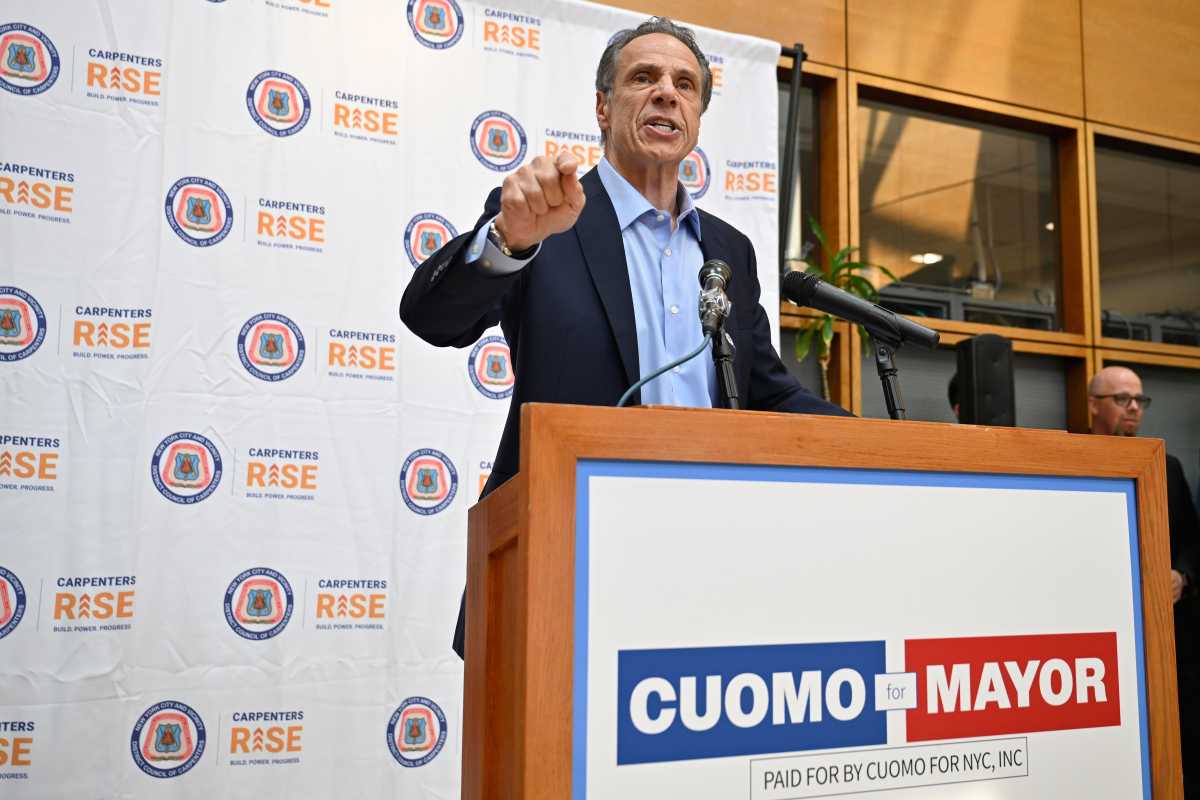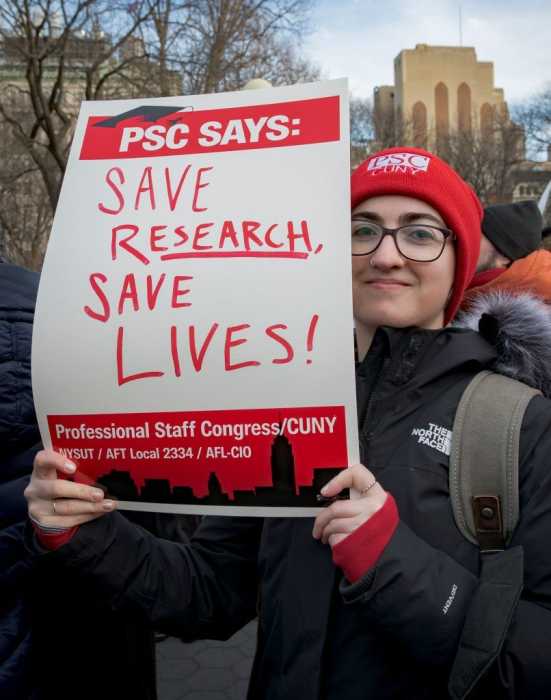Since 1986, New York City’s Traffic Enforcement Agents (TEAs) have lobbied for a New York State felony bill that would provide protection for the members of CWA Local 1182. Finally, on July 22, this important legislation becomes the law.
Assaulting a traffic agent is a serious crime and must be treated as a felony.
For decades, New York City’s enforcement agents have faced a major problem of on-the-job assault and harassment without felony protection. As far back as 1986, The New York Times reported that assaults on agents were increasing over the previous year: 130 agents were attacked, an increase of about 20 percent.
In a current report, the New York Police Department noted that from July 1 to September 15, 2007, traffic enforcement agents were victimized in the line of duty 83 times. This includes 13 assaults committed against TEAs, two incidents of reckless endangerment, two incidents of menacing, and one incident of larceny, among other crimes. Throughout the history of traffic and sanitation enforcement officers assaults have continued.
Since my election as president of CWA Local 1182, the passage of a felony bill has been a priority. Our members need to feel safe on the job, and it was clear that a deterrent was needed to prevent attacks on agents. Each time we met with city and state legislators the importance of a felony bill was discussed.
This landmark legislation signed by Governor David Paterson on April 23 dramatically increased penalties for assaults on traffic enforcement agents from a misdemeanor to a felony.
It took 22 years and five governors to pass a bill that would protect the lives of city workers charged with law enforcement responsibilities critical to the safety and welfare of New Yorkers.
The penalty for assaulting a traffic enforcement officer has now been raised to a Class D felony, carrying with it a sentence of 2-1/3 to 7 years in jail. This is a major change from a misdemeanor, for which the maximum sentence is a year’s imprisonment and/or a $1,000 fine.
The bill also adds TEAs to the protected class of law-enforcement officials. Like police officers, TEAs are often targets of violence and harassment, specifically because of their role in writing summonses and having cars towed. As law-enforcement personnel, we are more likely than other workers to be targets of violence or harassment because of our jobs.
No one likes to get a ticket. However, the contempt some people have for us does not warrant the violence occasionally expressed.
Our 2,500 New York City traffic and sanitation agents face the possibility of on-the-job assault and harassment every day. Through the years, felony protection had been extended to several enforcement organizations but not CWA Local 1182 members. Assaulting train operators, conductors, bus operators, station agents, peace officers, firefighters, and those working in emergency medical services all had been covered by a felony bill.
The disparity in protection between other enforcement groups and TEAs was particularly egregious since agents perform substantially similar functions to many police officers assigned to traffic control.
Governor Paterson did not hesitate to sign this bill that was first requested by our brother and sister agents 22 years ago. In my discussion with him on April 24, it was clear that he appreciates the essential role our members play in traffic control.
Without hesitation, he endorsed this landmark legislation that four other governors refused to sign allowing this bill to take effect July 22.
James Huntley is the President, Communication Workers of American Local 1182




































